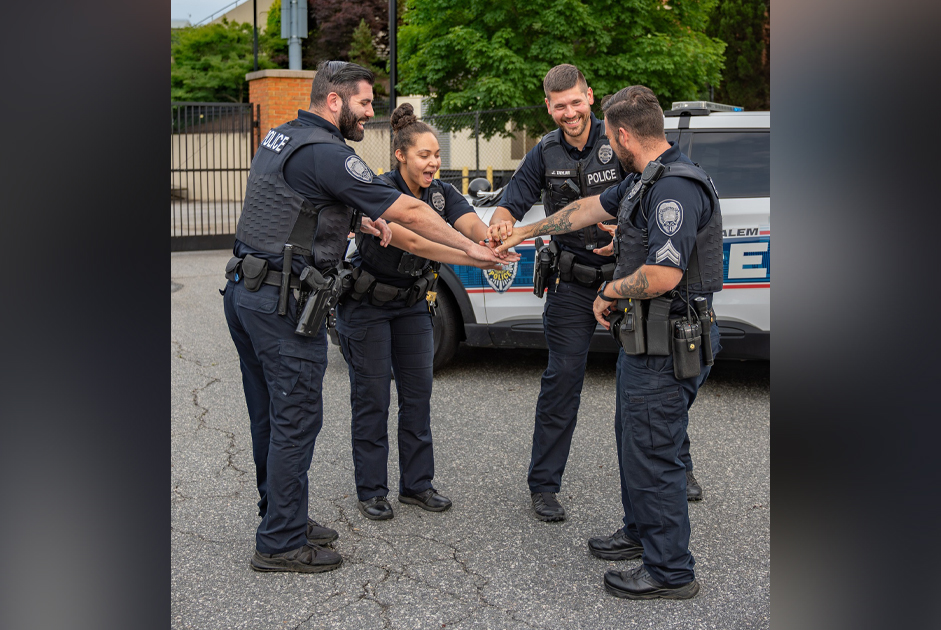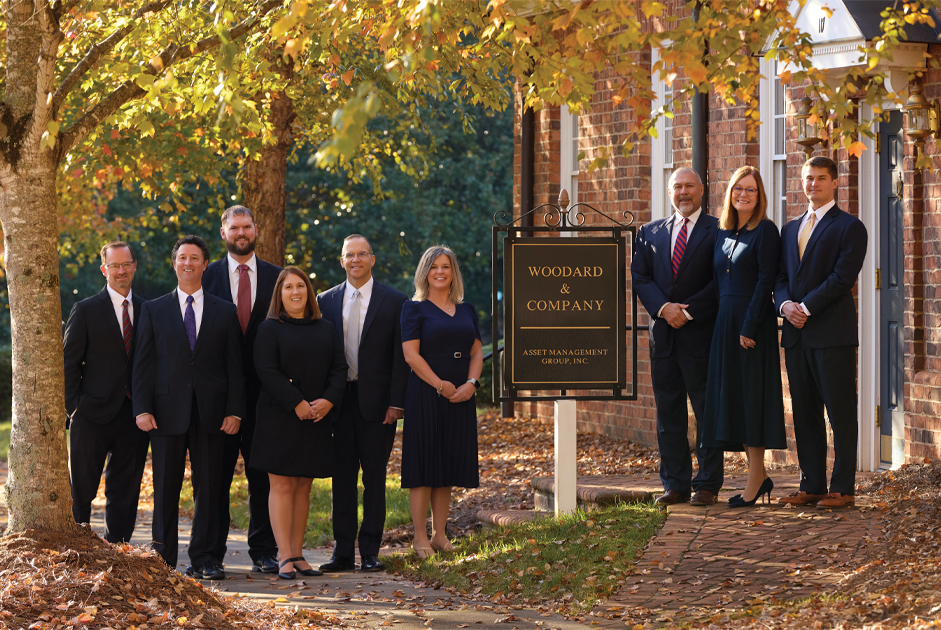With true love, real beauty never fades, but one thing can change…
June is the month where traditional wedding plans come to fruition. Parents marry off their daughters and sons in what must truly be a bittersweet moment for them. As I reflect on this month of bridal bliss, it makes me think of some advice we as parents can give our children in special times like these that I think would be very helpful in their long-term relationship. Advice I will now share with you.
There’s a very interesting, and perhaps often unrealized, dynamic regarding romantic love. For instance, have you ever seen a couple together and wondered why she is with him or vice versa? Aside from the fact that looks aren’t everything and personality and other factors play an important role, there may be another reason. When two people are attracted to each other, as is often the case when they’re young, as they grow old together they remember each other as they were. You see beyond the surface to that smile or look that first attracted you. Even though the looks may have diminished over time, still, in your heart they’re almost as vivid as they were in the beginning. That’s because, with true love, real beauty never fades.
What can change though, or rather than actually change, become more apparent, is the way your love for each other is expressed and/or defined. This brings me to a lesson I became aware of recently. It’s a lesson that took me thirty years to learn. Not because I’m not intelligent—had I heard about Gary Chapman’s book, first published in 1992, for example, perhaps I could have learned it more than twenty years earlier. However, it’s something that once you hear it makes complete sense, yet not something you’d normally think of as an issue in your relationship. A case most likely, of being too close to the trees to see the forest.
The Five Love LanguagesSeries by bestselling author Gary Chapman, an internationally recognized expert on marriage, family, and relationships, host of a syndicated radio program and Senior Associate pastor at Calvary Baptist Church in Winston-Salem, identifies that as a couple we each have our own individual definitions of how we primarily define love. The critical factor here is when our description is not defined in the same way by our spouse. When the definitions are not the same, and that difference is not realized by both parties, that’s when troubles begin to brew. Troubles, that if not understood properly, could lead to some difficult challenges ahead in the relationship.
I can’t begin to explain all the incredibly noteworthy details as properly defined in Chapman’s books, but I can highlight some key points for you. The five love languages he talks about define how couples express their love to one another and how they each would in turn like to have love expressed back to them. Those five languages are words of affirmation, quality time, receiving gifts, acts of service, and physical touch. Of course, we all like some of these things some of the time. Yet, if we’re honest with ourselves and look inside, we must admit that one of these attributes stands out among the rest as what we prefer most often as an expression of love that we both give and expect to receive in return.
Living with differences in how your mate chooses to mainly express their love to you can be tricky to navigate in your relationship. However, the mere realization that the difference exists and what that difference is, exactly, goes a long way in helping you both make compromises that allow the marriage to grow and flourish. Not understanding the difference leads to a multitude of challenges, anywhere from thinking your mate doesn’t care as much for you anymore, or doesn’t understand you and your needs in the marriage. In other words, not realizing this simple concept can lead to an exaggeration of the problems and exploitation of the relationship by one of the partners.
Understanding this concept, although it doesn’t guarantee that you will both agree or even always work together 100 percent of the time in compromise, does give couples insight into how relationships form and flourish. This knowledge, in turn, provides an opportunity to understand aspects of the marriage not otherwise known or realized. This understanding allows you to grow together, mature in your approach to one another, make compromises and accommodations and develop a bond perhaps stronger than was formed originally.
If, as parents, we can pass this knowledge on to our children, it will certainly be a gift that lasts them a lifetime. A gift doesn’t get much better than that.




















